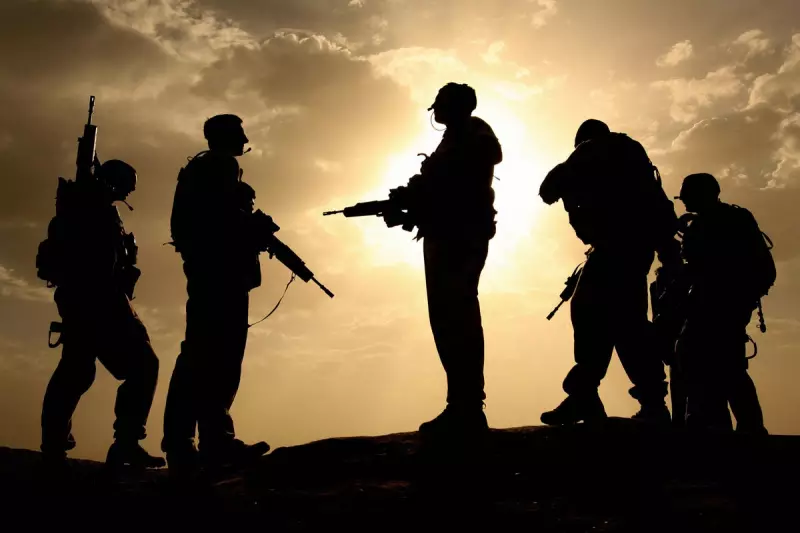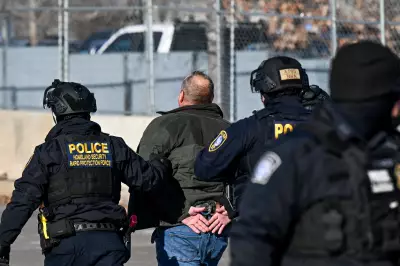
The British government is facing mounting criticism over its handling of Afghan refugee resettlement, with new evidence revealing that hundreds who worked with UK forces remain trapped under Taliban rule despite promises of safety.
Broken Promises and Bureaucratic Delays
According to an exclusive investigation, numerous Afghans who supported British military and diplomatic efforts are still awaiting relocation months after the Taliban's return to power. Many report living in constant fear of reprisals while navigating what they describe as an opaque and painfully slow resettlement process.
"We risked everything to help the British," one former interpreter told investigators, "but now we feel completely abandoned."
Taliban Consolidates Control Amid International Isolation
Meanwhile, the Taliban government continues to strengthen its authoritarian grip on the country, implementing increasingly restrictive policies particularly affecting women's rights and freedom of expression. The regime remains internationally isolated, with no country formally recognising its government.
UK's Response Under Scrutiny
Whitehall officials defend their approach, citing security checks and capacity constraints. However, parliamentary committees and refugee advocacy groups argue the response has been dangerously inadequate, leaving vulnerable Afghans in precarious situations.
The Afghan Citizens Resettlement Scheme (ACRS), launched with much fanfare, has been plagued by administrative hurdles and confusion about eligibility criteria. Many applicants report struggling to obtain clear information about their application status.
Human Cost of Political Failure
The situation highlights the ongoing humanitarian crisis in Afghanistan, where economic collapse and human rights abuses continue nearly three years after the Western withdrawal. Organisations working in the region warn that the winter months could bring further suffering without increased international support.
As diplomatic efforts stall, those who allied themselves with Western nations during the two-decade conflict face increasingly dire choices between remaining in hiding or attempting dangerous journeys to neighbouring countries.





